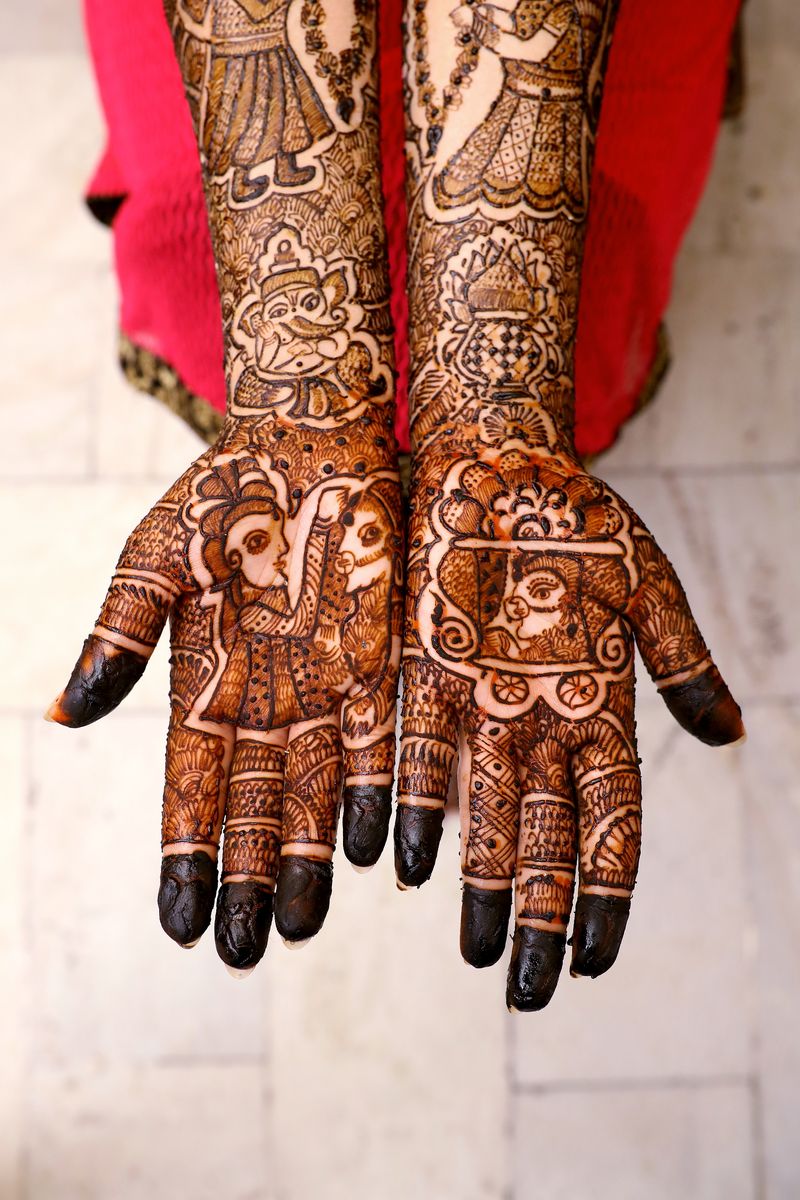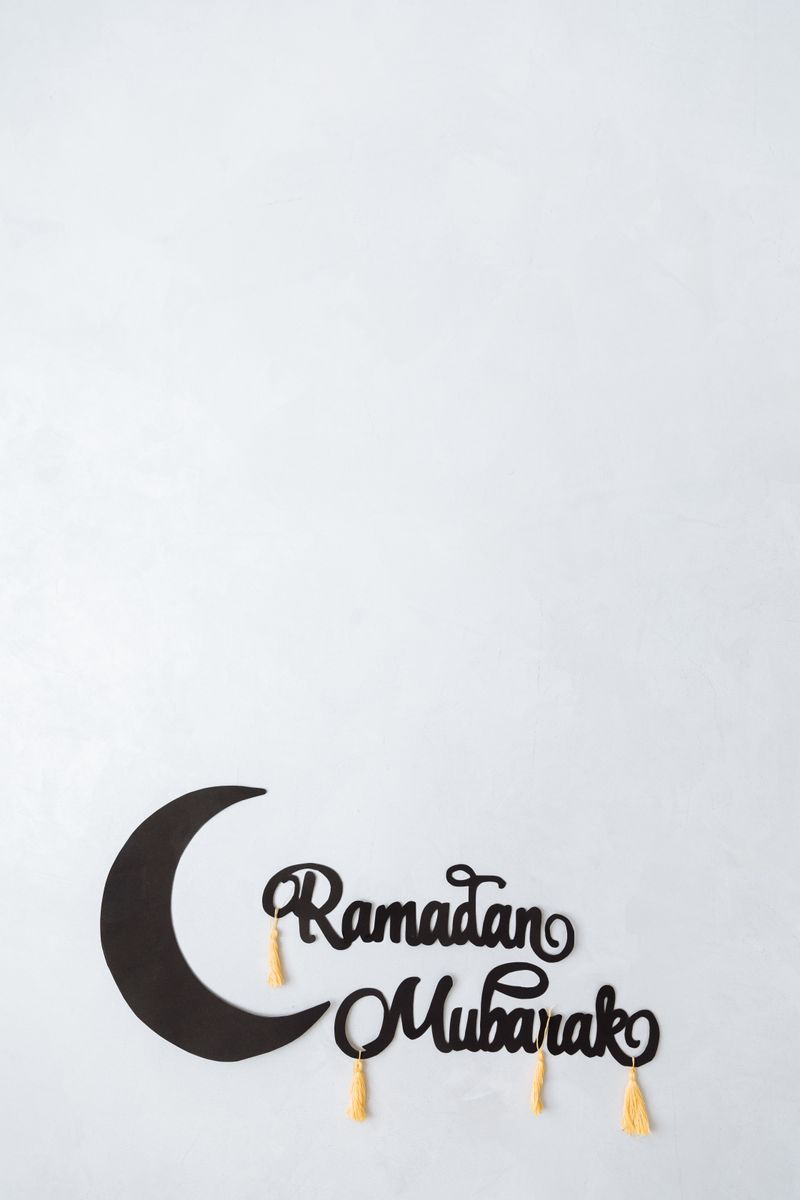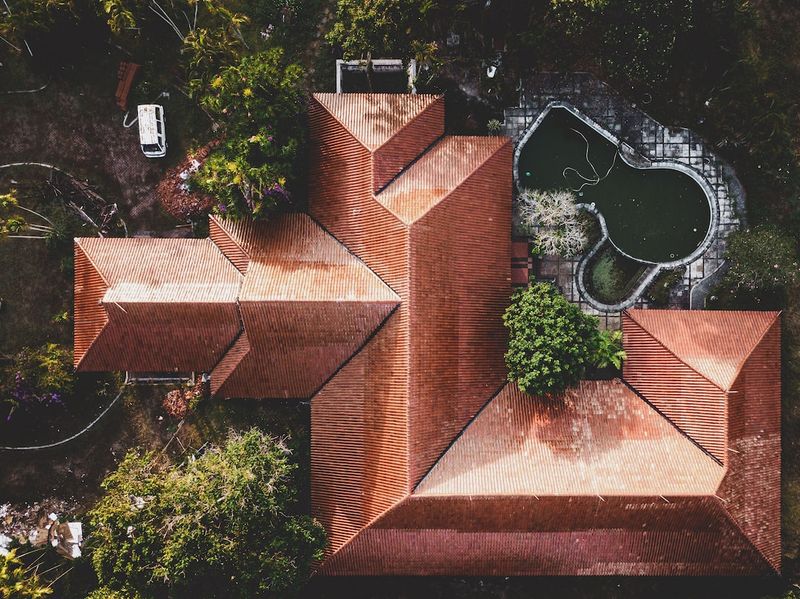The Meaning of ‘Eid Mubarak’ Explained as Muslims Celebrate Eid al-Adha 2023
Eid al-Adha: A Holier Eid Festival
Eid al-Adha, also known as the “Festival of the Sacrifice” or colloquially as “Big Eid,” is considered the holier of the two Islamic Eid festivals. This year, Muslims around the world are celebrating Eid al-Adha, which is based on the lunar cycle and falls on different dates each year. In the more commonly used Gregorian calendar, it falls on the tenth day of Dhul-Hijjah, the twelfth month of the Islamic Hijri calendar.
The Story Behind Eid al-Adha
Eid al-Adha commemorates the story of the prophet Ibrahim (known as Abraham in the Christian Old Testament) and his willingness to sacrifice his son as an act of obedience to God’s command. However, before Ibrahim could carry out the heartbreaking request, Allah (God in Islam) provided a lamb for him to sacrifice instead.
The Tradition of Qurbani
To honor this story, Muslims traditionally sacrifice an animal, usually a sheep, as an act known as Qurbani. The meat is then divided into three parts. One part is given to the poor, one to the immediate family at home, and one is reserved for relatives. Some Muslims may also choose to give money to charity, allowing poorer families the opportunity to have a proper Eid feast. Mosques and community groups often organize communal meals as well.
How to Say ‘Happy Eid’ in Arabic
During Eid al-Adha and the earlier Eid al-Fitr celebrations, Muslims use the traditional phrase “Eid Mubarak” to greet each other. In Arabic, “Eid” means feast, festival, or celebration, while “mubarak” translates as “blessed.” Therefore, “Eid Mubarak” can be understood as “blessed celebration” or “blessed feast.” However, it is widely interpreted as simply wishing someone a “happy Eid.”
Specificity in Greetings
To specify between the two Eid festivals, one can say “Eid al-Fitr Mubarak” or “Eid al-Adha Mubarak.” However, it is sufficient to use “Eid Mubarak” alone.
Similarities to Ramadan Greetings
In a similar way, Muslims also use the greeting “Ramadan Mubarak” during the holy month of fasting. Another greeting, “Ramadan Kareem,” which translates as “Generous Ramadan,” can describe the month of Ramadan as well. Some debate surrounds the appropriateness of using “Ramadan Kareem,” as the expectation of generosity may be considered against the principles of fasting and prayer. However, others argue that the greeting can appropriately refer to the generosity of acts toward others.
Language Expert’s Perspective
Khaled Boudemagh, a language expert based in Dubai, advocates for the use of “Ramadan Kareem,” saying that Ramadan is a month of generosity and thus warrants the use of “Kareem.”
Meaningful Names
Both “Mubarak” and “Kareem” are also common names in Arabic, bearing the same meanings as bestowed in the Eid and Ramadan greetings.
Editorial: The Power of Greetings and Their Cultural Significance
Preserving Tradition and Celebrating Diversity
The exchange of greetings during religious festivities is an essential part of celebrating diversity and preserving cultural traditions. It allows individuals from different backgrounds to come together and acknowledge the values and beliefs that shape their communities.
Philosophical Reflections
These greetings, such as “Eid Mubarak” and “Ramadan Mubarak,” hold deep philosophical significance. They not only convey well wishes but also encapsulate the spirit of unity, generosity, and gratitude. They serve as a reminder of the importance of compassion and reinforce the idea of collective celebration.
Advice: Embracing Cultural Exchange
To foster understanding and respect for different cultures, it is crucial for people of all backgrounds to learn about and appreciate the customs, traditions, and greetings of others. By embracing cultural exchange, we can deepen our connections and build bridges of empathy and understanding.
In conclusion, as Muslims celebrate Eid al-Adha, the traditional phrase “Eid Mubarak” holds great cultural significance. By understanding the meaning behind the greeting and appreciating its philosophical implications, individuals can engage in meaningful exchanges that promote unity, generosity, and compassion. So, let us join in wishing our Muslim friends and neighbors a heartfelt “Eid Mubarak” as they celebrate this joyous occasion.

<< photo by James Ranieri >>
The image is for illustrative purposes only and does not depict the actual situation.
You might want to read !
- Remembering the Legacy of Ryan Siew: A Tribute to Polaris’ Late Guitarist
- Shohei Ohtani dazzles with dual performance: Two homers and 10 strikeouts in MLB showcase
- Shohei Ohtani Hits Historic Milestone as First AL Pitcher in Nearly 60 Years to Blast Two Home Runs
- Pandemic’s Economic Toll: Skyrocketing living expenses force record number of pets to be abandoned in Canada
- Eid-ul-Adha 2023: A Festive Feast of Multicultural Greetings in Canada
- Wildfire Smoke Engulfs Ontario: The Impending Pollution Crisis




